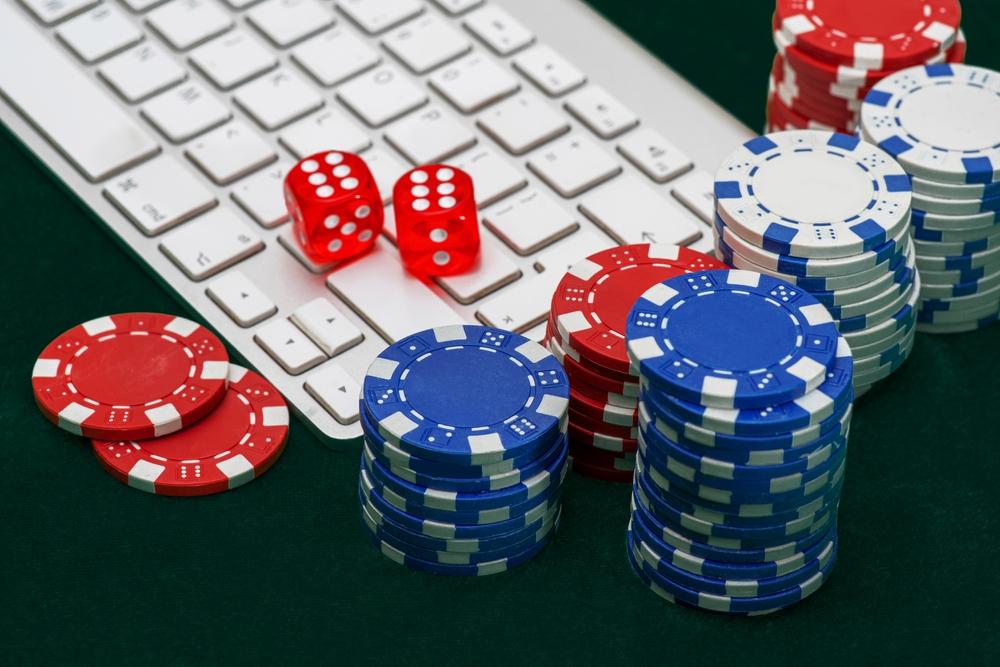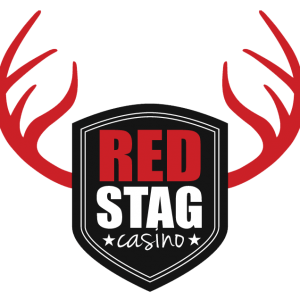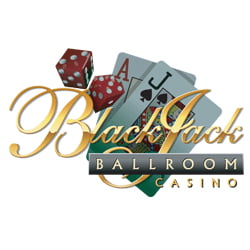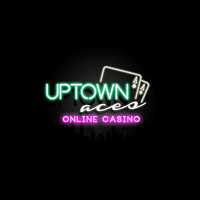
For many individuals, gambling can be a fun and entertaining pastime. However, for some, it can quickly spiral out of control and become a destructive addiction. Recognizing the signs of gambling addiction and seeking help is crucial on the road to recovery.
Signs of Gambling Addiction
Identifying a gambling addiction can be challenging, as the signs are not always obvious. However, if you or someone you know is exhibiting any of the following behaviors, it may be a sign that help is needed:
- Being unable to stop gambling, even when facing financial difficulties
- Lying about the amount of time and money spent on gambling
- Neglecting responsibilities at work, home, or school due to gambling
- Borrowing money to gamble or to pay off gambling debts
- Feeling restless or irritable when not gambling
- Chasing losses and continuing to gamble in an attempt to win back money
Seeking Help
Once the signs of a gambling addiction have been recognized, it is important to seek help as soon as possible. There are a variety of resources available for individuals struggling with gambling addiction, including therapy, support groups, and helplines.
Therapy can be an effective way to address the underlying causes of gambling addiction and develop healthier coping mechanisms. Cognitive-behavioral therapy, in particular, has been shown to be beneficial in treating gambling addiction by identifying and changing negative thought patterns and behaviors.
Support groups, such as Gamblers Anonymous, provide a safe and non-judgmental space for individuals to share their experiences, receive support from others who have struggled with similar issues, and learn from those who have successfully overcome their addiction.
Self-help Strategies
In addition to seeking professional help, there are also steps that individuals struggling with gambling addiction can take on their own to begin the road to recovery:
- Admitting that there is a problem and accepting responsibility for one’s actions
- Avoiding trigger situations, such as visiting casinos or reading gambling-related content
- Practicing self-care and finding healthy ways to cope with stress and other emotions
- Setting limits on time and money spent on gambling activities
- Building a support network of friends and family members who can provide encouragement and accountability
Staying on Track
Recovery from gambling addiction is a journey that requires ongoing commitment and effort. It is important for individuals to stay on track by continuing to attend therapy sessions, participate in support groups, and practice self-help strategies.
It is also essential to be patient and compassionate with oneself during the recovery process. Relapses are a common part of addiction recovery, and it is important to not give up hope if setbacks occur. Instead, view them as learning opportunities and opportunities for growth.
Remember, recovery is possible, and with the right support and resources, individuals struggling with gambling addiction can regain control of their lives and build a healthier, happier future.
































